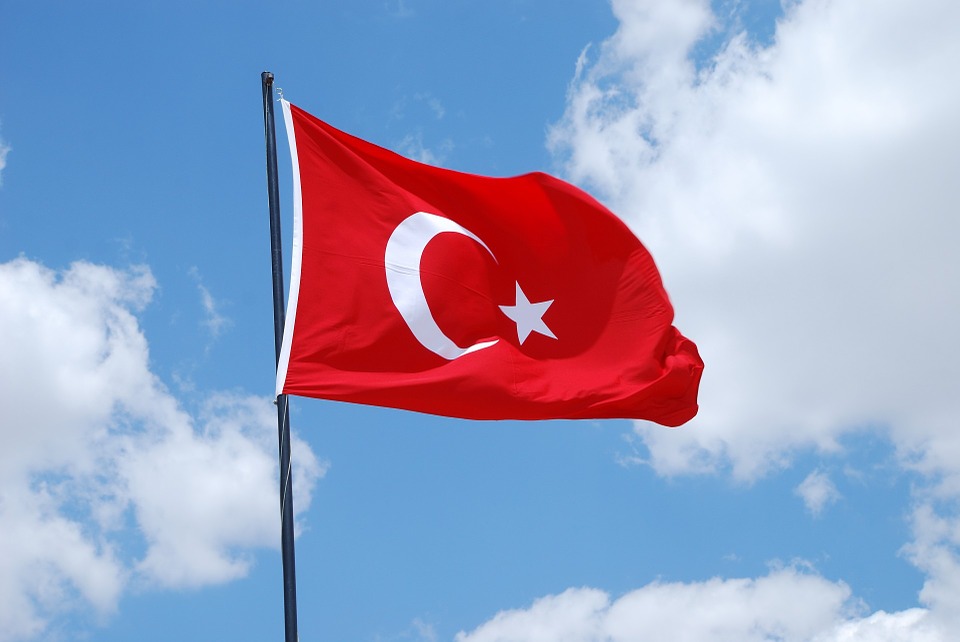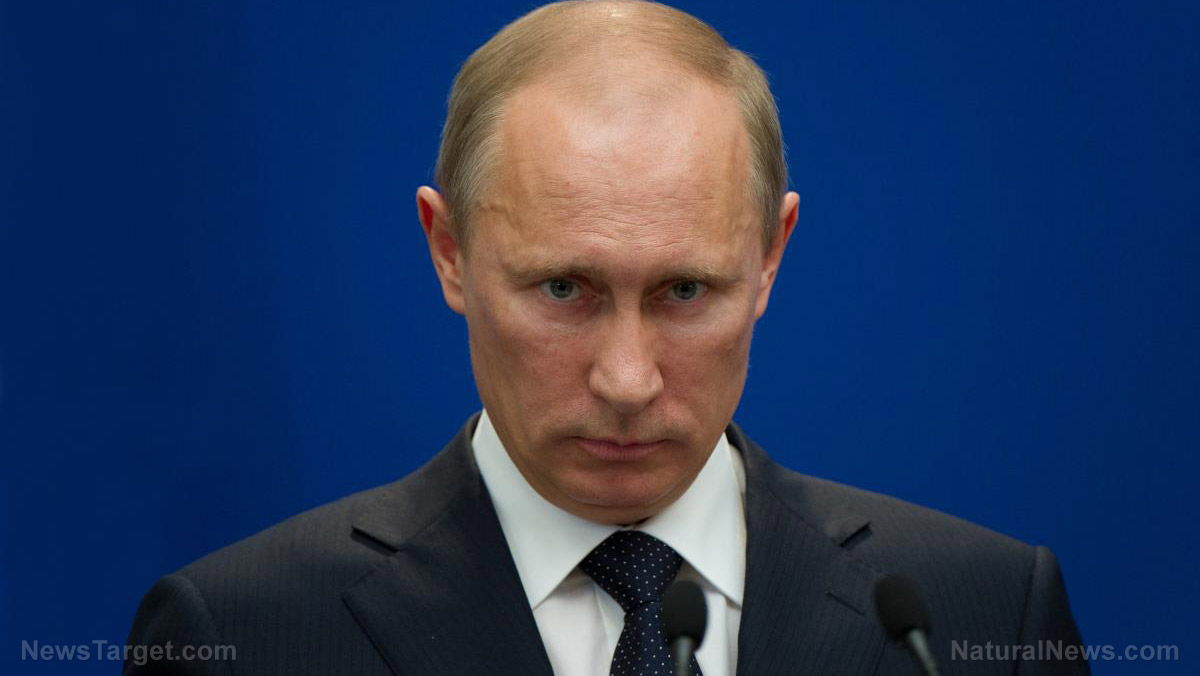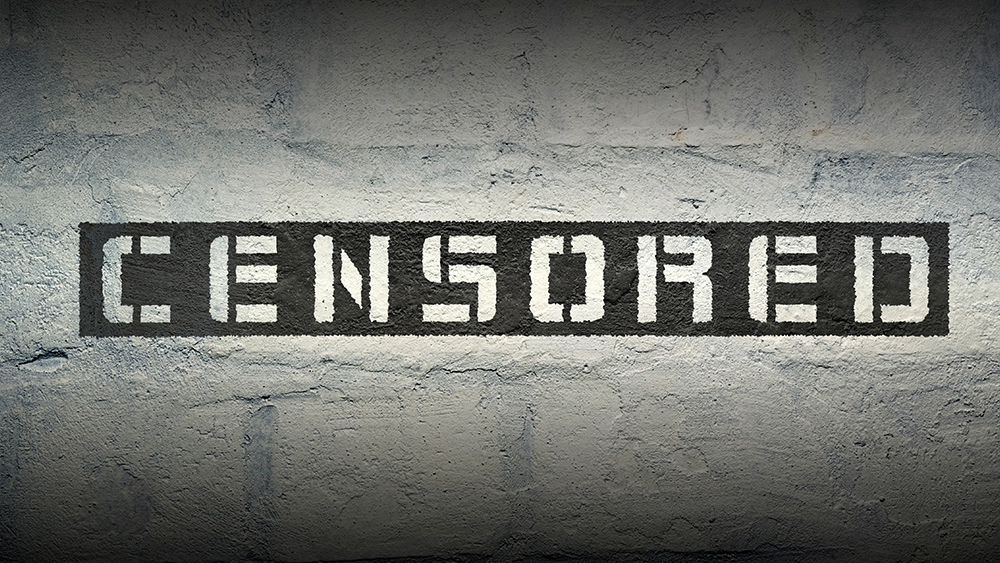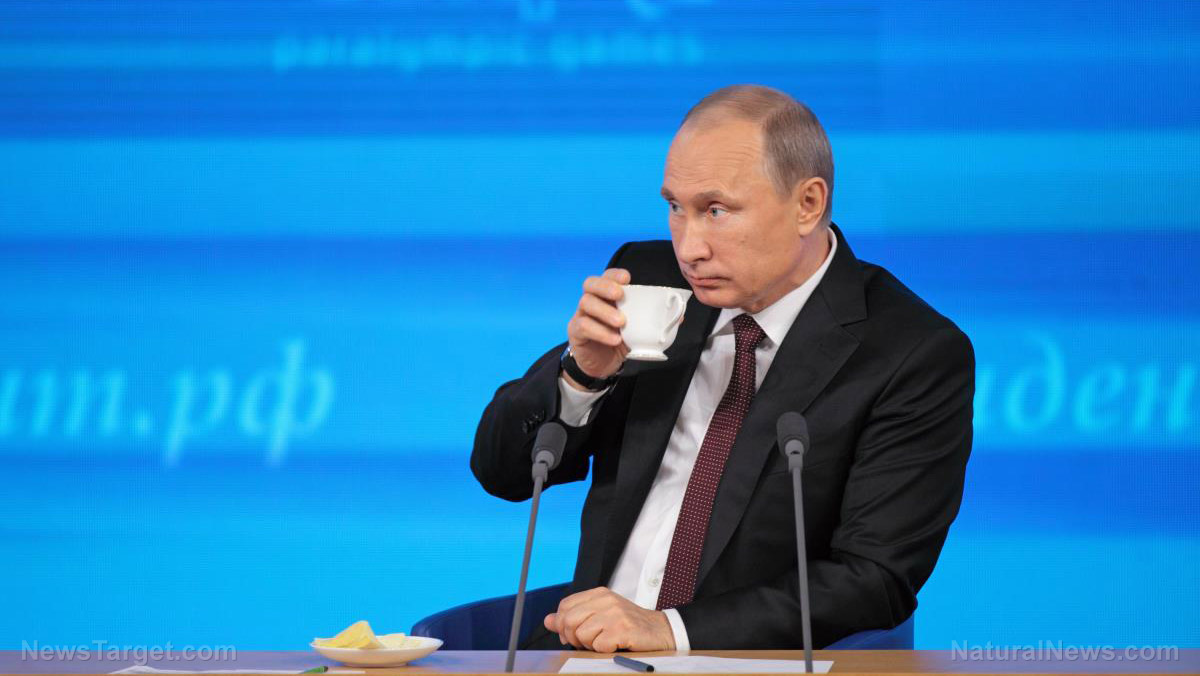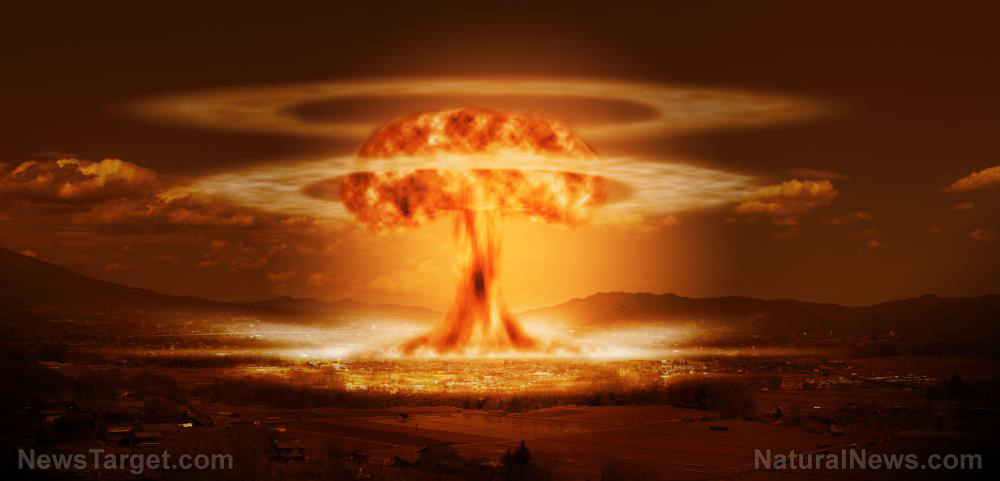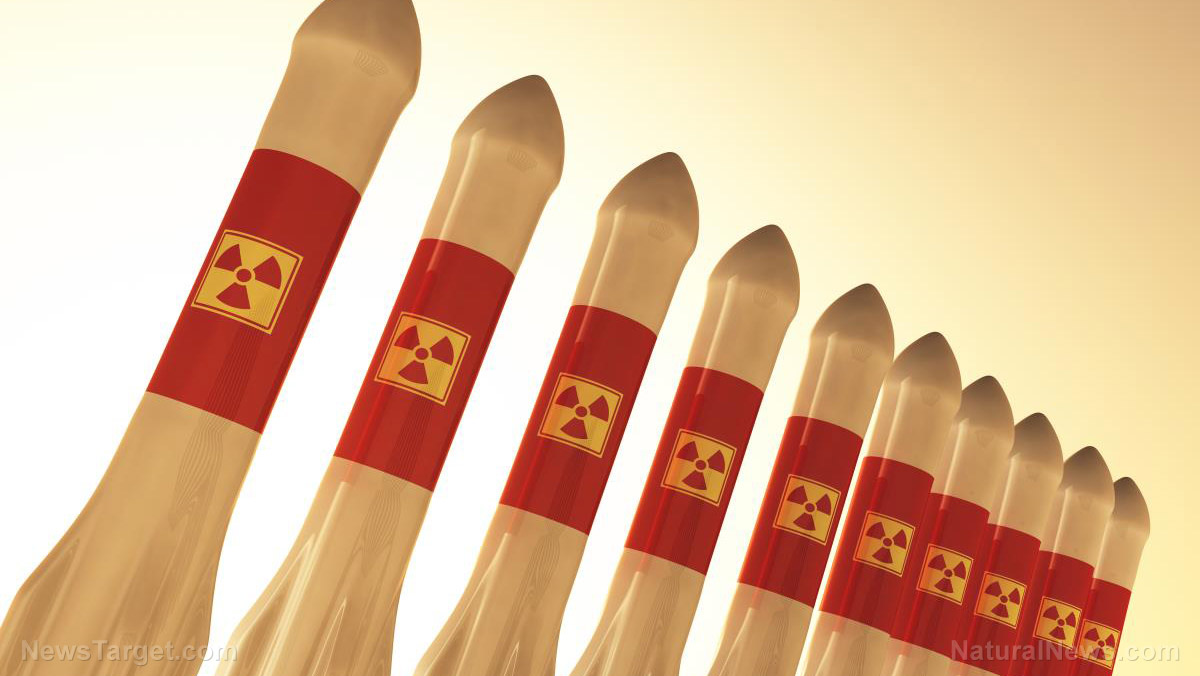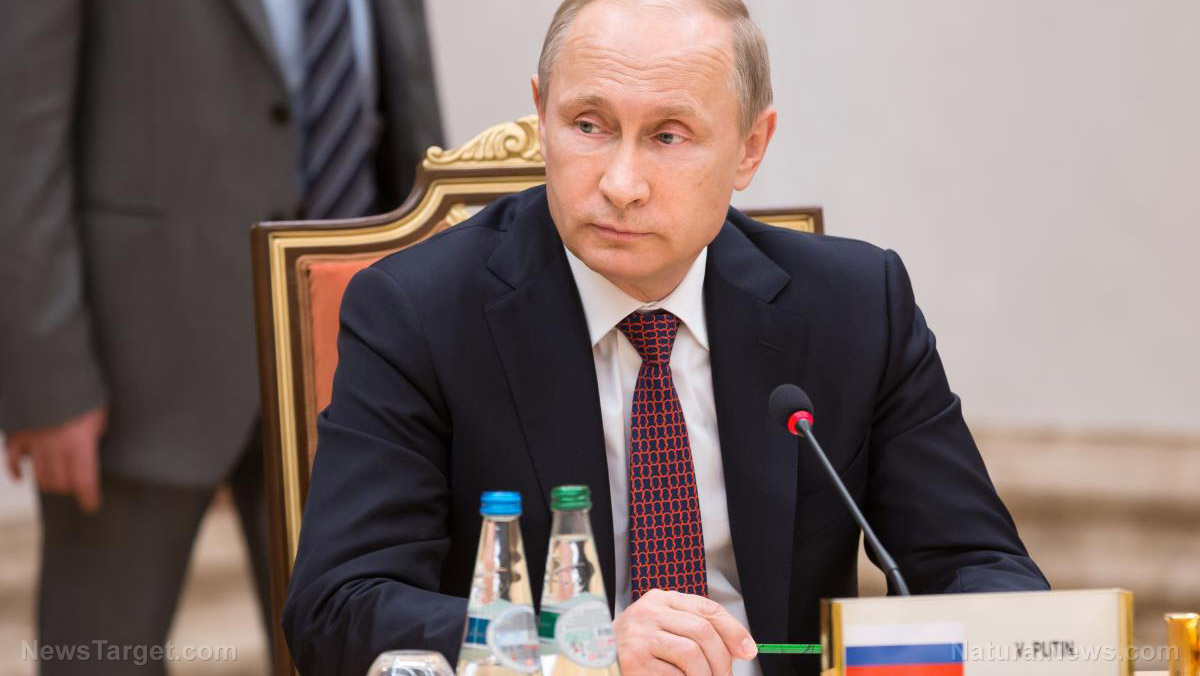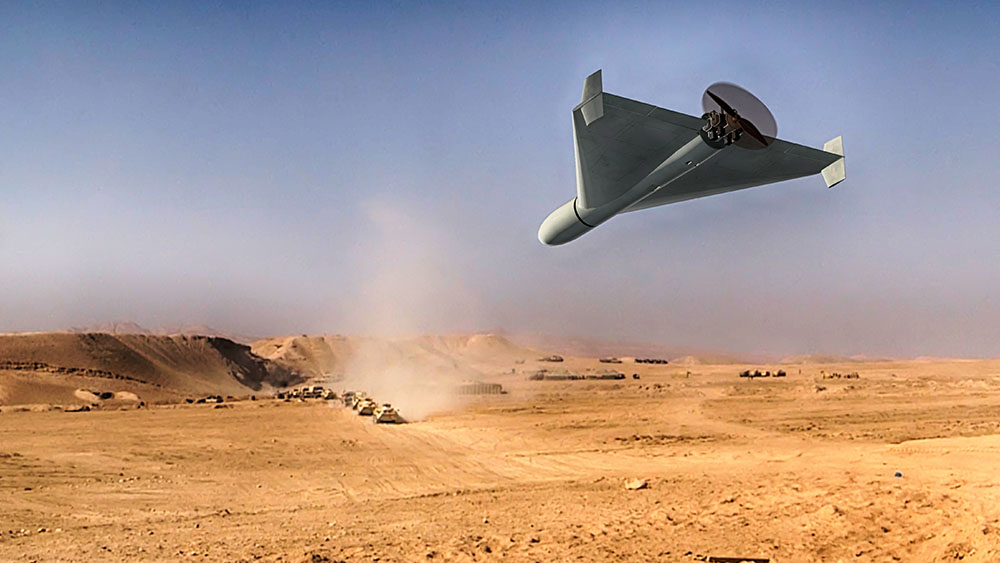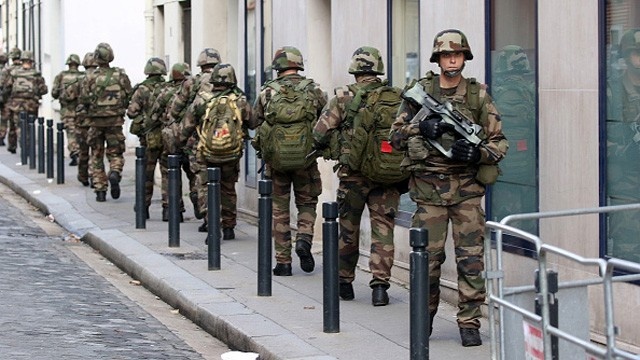Chasing profits: Western companies are now BACKTRACKING on Russia exit plans
06/07/2024 / By Zoey Sky

More than half of the foreign companies that have previously announced plans to leave Russia after the start of the special military operation in Ukraine are still in the country. Reports indicate that a “rebound in consumer activity” and “bureaucratic obstacles” are making those companies stay in Russia.
According to data from the Kyiv School of Economics, some 1,600 firms have made good on their pledges by either completely exiting or significantly curtailing their operations in Russia. However, many major businesses remain.
The data notes that British businesses such as cosmetics brand Avon, consumer goods company Reckitt and French industrial gas producer Air Liquide are among the 2,173 foreign companies that continue to operate in Russia as of May 5. Some companies like Avon began a sales process for their Russian business and received offers but did not accept them.
Meanwhile, as Reckitt announced in April 2022 that it had “begun a process aimed at transferring ownership of its Russian business,” the company’s new chief executive Kris Licht opted for a more measured approach.
Licht shared that Reckitt is still considering options, but the matter has become more complex as the Russia-Ukraine conflict raged on.
Other multinationals were careful because of the challenges faced by Western companies such as Carlsberg and Danone, which had their assets seized after announcing plans to leave.
While Danone was ultimately able to finalize a deal to sell the assets at a big discount, Carlsberg is still engaged in a protracted legal battle with Moscow, with one of the brewer’s former top executives in a Russian prison.
Several Western companies pledged to leave the Russian market after Moscow launched its military operation against Ukraine back in February 2022.
As of writing, fast-food chain McDonald’s, carmakers Volkswagen and Renault, oil and gas multinationals Shell and British Petroleum and Swedish furniture giant IKEA are some of the companies that have completed their full exits. (Related: Gerald Celente: Economic sanctions are turning China and Russia into SELF-SUFFICIENT countries.)
According to an executive working with Western companies in Russia, the companies that left in the first weeks of the conflict saw “a moral imperative.”
However, there has since been a significant change in sentiment, added the executive.
“The current wave is more about, ‘Do you really have to leave? Do you want to leave?’ Some of these companies have built four, five factories over 30 years. They’re not going to sell that for a 90% discount,” added the executive.
Firms that want to leave Russian market forced to sell assets at massive discounts
Russian media previously reported that the sale of assets to Russian buyers by Western companies requires approval by a government commission led by Finance Minister Anton Siluanov. At the same time, the Ministry of Finance of the Russian Federation has imposed a mandatory 50 percent discount on the sale of assets belonging to firms from “unfriendly” countries. This is in addition to an “exit tax” of no less than 15 percent, which could see firms planning to leave give up at least 65 percent of the value of their assets within Russia on their exit.
Russia’s robust economic performance is allegedly also a factor in the decision by foreign firms to remain, with the country’s gross domestic product (GDP) growing by 5.4 percent year-on-year in the first quarter of 2024, according to preliminary data released by Rosstat, the national statistics service.
In April, the International Monetary Fund announced that it expected the Russian economy to grow faster than all advanced economies in 2024.
Russia’s GDP is forecast to expand by 3.2 percent, exceeding the expected growth rates for the United States (2.7 percent), the United Kingdom (0.5 percent), Germany (0.2 percent) and France (0.7 percent).
Rosstat also reported that real wages in Russia have increased by nearly eight percent in 2023, indicating the biggest jump in five years.
Mondelez, Nestle and Unilever have also opted to stay in Russia. According to the chief executive of confectionery giant Mondelez, the firm’s shareholders did not “morally care” whether the group exited the country.
Earlier in May, Russian President Vladimir Putin set a goal for the country to have the fourth-highest GDP, which is measured by purchasing power parity, in the world by 2030.
The Russian government has announced several measures aimed at transforming the country’s economy and promoting consumer spending. These measures include labor reforms, entrepreneurial incentives and increased efficiency and productivity.
Visit RussiaReport.news for more updates on Russia.
Watch the video below as Russia promises to use nuclear weapons if the West continues to “taunt” Moscow.
This video is from the TruNews channel on Brighteon.com.
More related stories:
New U.S. anti-Russia sanctions target Chinese entities that sell dual-use products to Moscow.
Senate passes bill BANNING the importation of Russian uranium.
Top Russian banker calls for end of Western payment systems like SWIFT.
Creditors pressure Ukraine to PAY UP on its loans.
Sources include:
Submit a correction >>
Tagged Under:
big government, bubble, businesses, chaos, conspiracy, corporations, deception, economic riot, economy, finance riot, foreign businesses, money supply, risk, Russia, Russia-Ukraine war, sanctions, traitors, Ukraine, Western sanctions, World War III
This article may contain statements that reflect the opinion of the author
RECENT NEWS & ARTICLES
COPYRIGHT © 2022 RussiaReport.news
All content posted on this site is protected under Free Speech. RussiaReport.news is not responsible for content written by contributing authors. The information on this site is provided for educational and entertainment purposes only. It is not intended as a substitute for professional advice of any kind. RussiaReport.news assumes no responsibility for the use or misuse of this material. All trademarks, registered trademarks and service marks mentioned on this site are the property of their respective owners.



